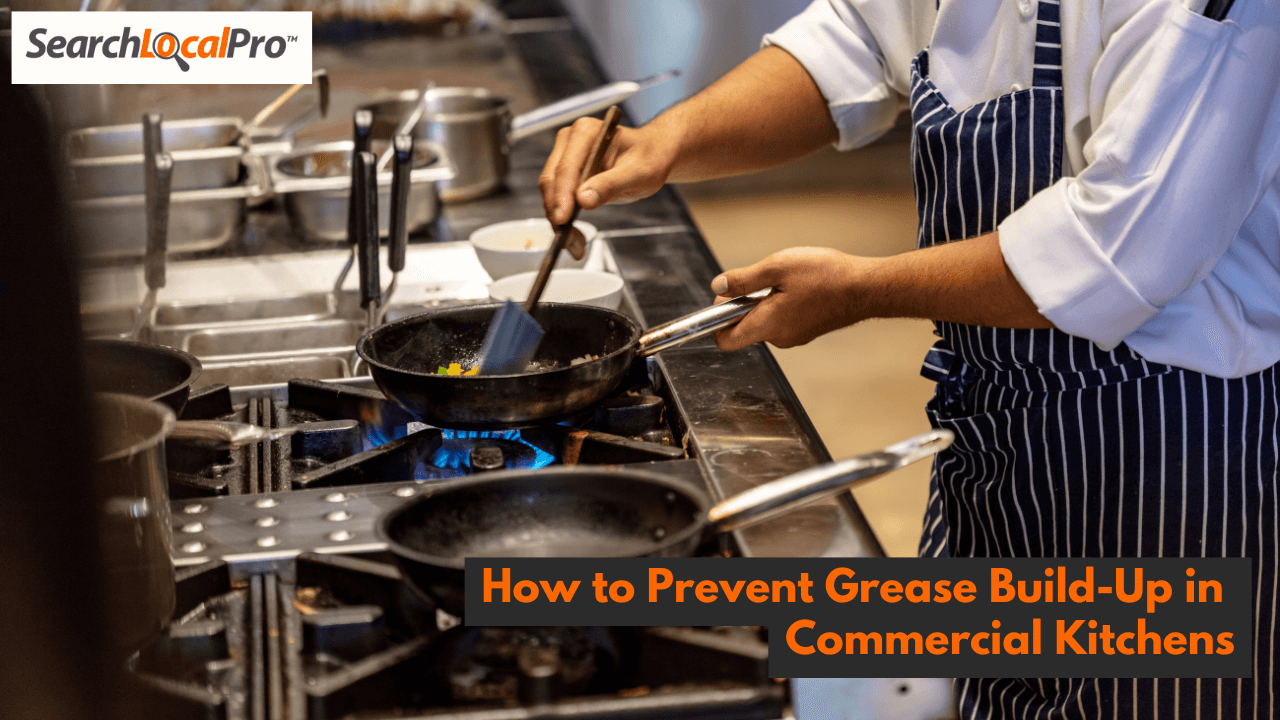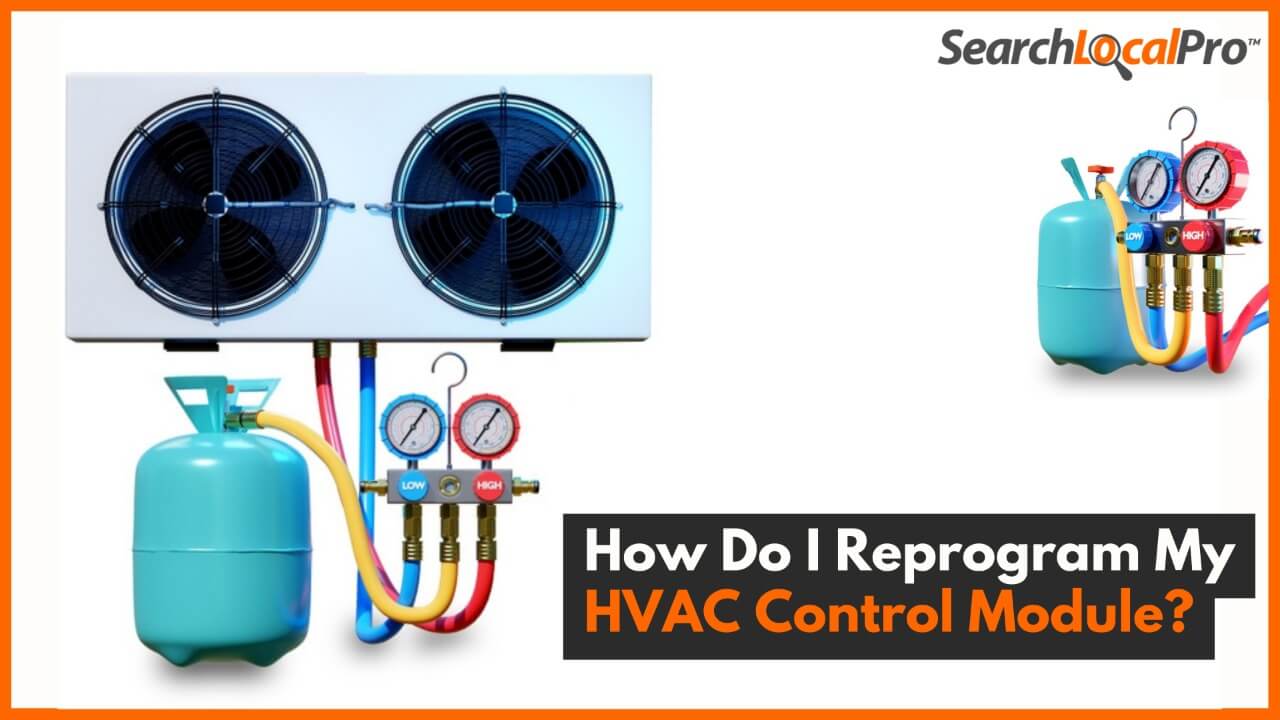In commercial kitchens, grease buildup can become a serious issue if not managed properly. Excess grease doesn’t just make your kitchen harder to clean; it can also create fire hazards, damage equipment, and lead to poor air quality. Taking the right steps to reduce and prevent grease accumulation is essential for a safe, efficient, and compliant kitchen. Below, we’ll discuss how to prevent grease build up in commercial kitchens, why preventing grease buildup is important, and provide tips on effective cleaning practices.
Health Hazards of Excess Grease Buildup in the Kitchen
Grease buildup poses significant health and safety risks. Not only can it lead to fires, but it also attracts bacteria, which can affect food safety. Fumes from accumulated grease lower air quality, which can impact the health of your employees over time. Regular prevention practices not only enhance safety but also help you comply with health and fire regulations.
Understanding Grease Buildup in Commercial Kitchens
Grease buildup occurs when oils, fats, and food particles are released into the air during cooking. These particles cling to surfaces, filters, and vents, accumulating over time. Without routine maintenance, this buildup can clog ventilation systems, trap bacteria, and increase the chances of grease fires. Knowing how and where grease accumulates helps you target specific areas for cleaning.
How to Prevent Kitchen Grease Build up in Commercial Kitchens: Follow These Steps
Let’s explore how to prevent kitchen grease build up in commercial kitchens. These steps cover everything from exhaust systems to daily cleaning practices.
1. Use a Range Hood and Keep it Well-Maintained
A quality range hood is a kitchen essential. It pulls smoke, steam, and grease particles out of the air, improving air quality and preventing grease from coating walls and surfaces. Make sure your hood is correctly sized and properly installed. Regularly check the hood’s efficiency and replace filters as needed to maintain optimal performance.
2. Use a Splatter Screen or Lid
Using a splatter screen or lid when cooking can reduce the amount of airborne grease. This simple barrier traps grease particles and keeps them from spreading. Encourage your kitchen staff to use lids on pans and pots whenever possible to minimize splatter.
3. Cook with Less Fat and at Lower Temperatures
High-fat cooking at high temperatures creates more airborne grease. By reducing the fat content in recipes and lowering the cooking temperature when possible, you can reduce the amount of grease particles released. Lower-temperature cooking can also help preserve food quality and reduce burning.
4. Clean Grease Traps Regularly
Grease traps are critical in any commercial kitchen. They capture and contain grease, preventing it from entering the plumbing system. However, grease traps can fill up quickly, leading to foul odors and potential backups. Schedule regular grease trap cleaning to prevent blockages and maintain a clean kitchen environment.
5. Avoid Putting Grease Down the Drains
Pouring grease down the drain is a common mistake that can lead to major plumbing problems. When grease cools, it hardens and sticks to pipes, causing clogs and costly repairs. Make sure your staff is trained to dispose of grease properly, using designated containers rather than sinks.
6. Regularly Clean Exhaust Filters
Exhaust filters trap grease and prevent it from entering ventilation ducts. But these filters can quickly become clogged, reducing their effectiveness. Regularly clean or replace filters to ensure they work efficiently. This will improve ventilation and reduce the chance of grease buildup.
7. Clean Kitchen Floors
Floors in commercial kitchens often become coated with grease over time. Regular floor cleaning is essential for safety and hygiene. Use a commercial-grade degreaser to clean floors daily and prevent grease from creating slippery, hazardous surfaces.
8. Reuse Fryer Oil Responsibly
Fryer oil can be reused, but it must be filtered to remove food particles and contaminants. Straining the oil helps reduce grease buildup in fryers, improves food quality, and minimizes waste. Be sure to regularly clean and maintain fryers to avoid excess grease accumulation.
9. Train Your Employees
Employee training is crucial in preventing grease buildup. Teach your team the importance of daily cleaning, proper grease disposal, and equipment maintenance. Clear guidelines and regular reminders help reinforce best practices and ensure your kitchen stays grease-free.
10. Daily Cleaning Protocols
Daily cleaning keeps grease from accumulating. Wipe down surfaces, countertops, and stovetops with a degreasing cleaner. Make this a routine part of your kitchen’s end-of-shift cleaning process. Frequent cleaning will prevent buildup and make deep cleaning easier.
11. Weekly Deep Cleaning Sessions
In addition to daily cleanings, schedule weekly deep cleaning sessions. This involves cleaning exhaust filters, hoods, and hard-to-reach areas where grease may accumulate. A more thorough weekly cleaning helps prevent long-term grease buildup and improves kitchen hygiene.
12. Professional Exhaust Maintenance
For large commercial kitchens, consider professional exhaust maintenance. Technicians have specialized tools to thoroughly clean ducts and hoods, ensuring grease doesn’t accumulate in hard-to-reach places. Schedule professional cleanings every few months to stay compliant with health and safety standards.
13. Choosing the Right Cleaning Products
The right cleaning products make a big difference in removing grease effectively. Choose products designed for commercial kitchens, such as heavy-duty degreasers. Avoid using products that leave behind residue, as these can attract more grease over time.
14. Implementing Best Equipment Practices
Finally, implementing best practices for your kitchen equipment can help prevent grease buildup. Regularly service equipment to ensure it’s running efficiently, as malfunctioning equipment can produce excess grease. Proper maintenance can extend the lifespan of your kitchen tools and keep them operating safely.
Conclusion
Preventing grease buildup in a commercial kitchen is essential for health, safety, and compliance. By following these simple steps, from using a range hood and grease traps to training staff and maintaining equipment, you can keep your kitchen clean and safe. Regular cleaning, proper equipment use, and proactive measures not only prevent grease accumulation but also protect your business, employees, and customers.




